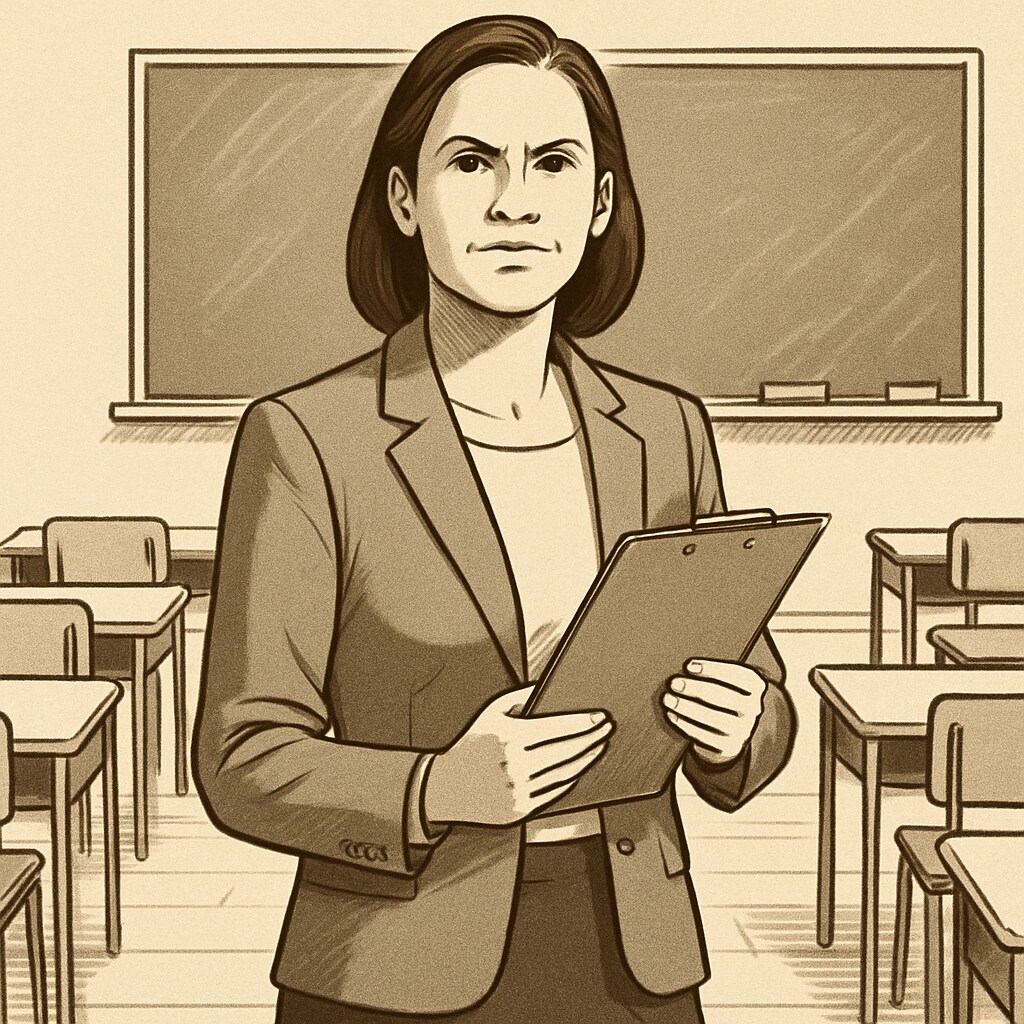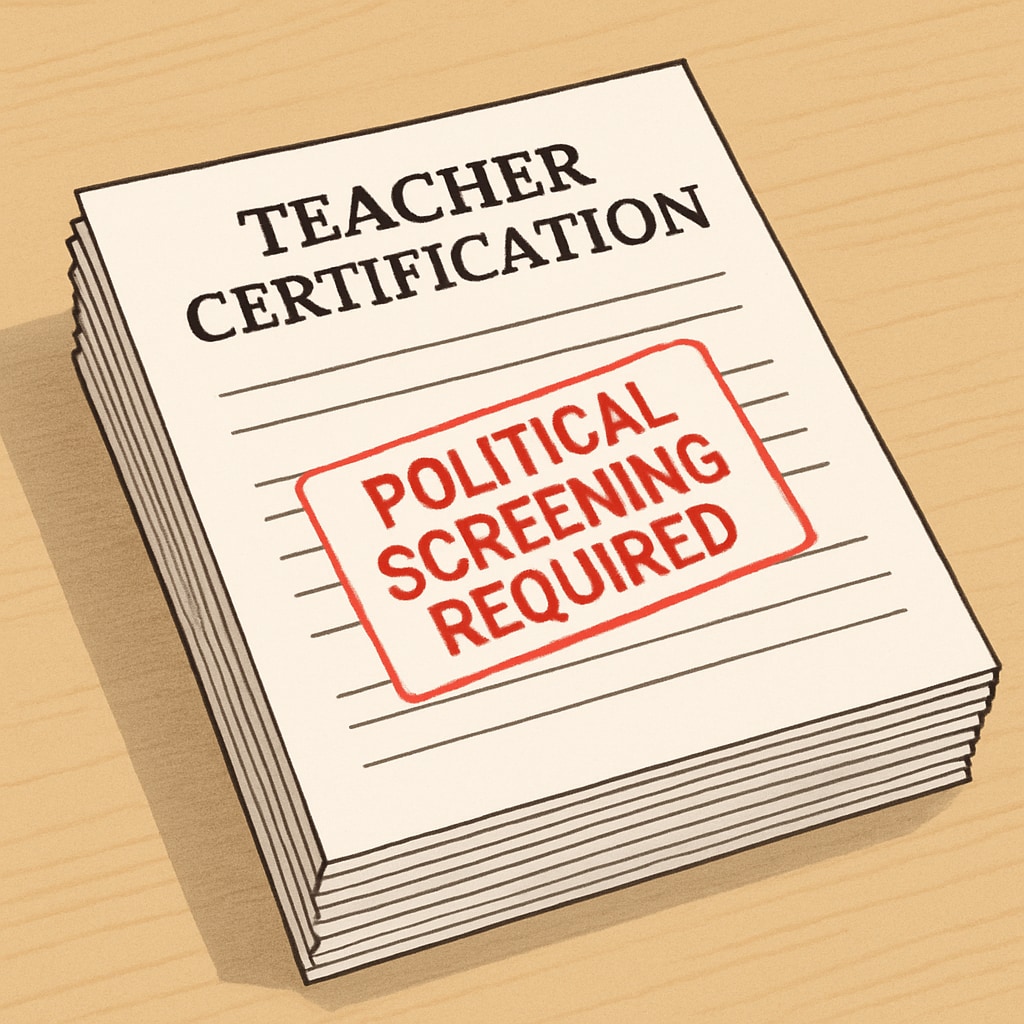Oklahoma’s recent decision to introduce a political screening test for out-of-state teacher applicants, particularly targeting those from states like New York and California, has ignited widespread concerns. This 50-question test, aimed at assessing applicants’ political beliefs, raises significant questions about the intersection of education and political ideology. Critics worry that this policy undermines the professional integrity of educators while introducing unnecessary political bias into the classroom.
The Policy: Political Screening as a New Barrier
The new policy rolled out by Oklahoma mandates that teachers applying from other states must complete a political screening questionnaire as part of their application process. The test purportedly evaluates candidates’ political and ideological leanings, seeking to ensure alignment with the state’s educational framework and values. While specifics of the questions remain undisclosed, reports suggest that the test heavily examines views on social issues, historical interpretation, and cultural policies.

Proponents of the measure argue that it ensures teachers share values consistent with Oklahoma’s educational goals, particularly in areas such as curriculum design and cultural representation. However, opponents highlight the potential for discrimination and exclusion, particularly against educators from states with more progressive policies. The policy’s critics argue that it risks creating a chilling effect, where teachers may feel compelled to align their personal beliefs with the prevailing political climate of the state to secure employment.
Implications for Education and Teacher Recruitment
This policy has far-reaching implications, not just for individual teachers but for the broader educational landscape in Oklahoma. By introducing political screening into the hiring process, the state risks narrowing the diversity of perspectives in its classrooms. This could ultimately harm students by depriving them of exposure to varied viewpoints and teaching styles.
In addition, the policy may deter highly qualified educators from applying to Oklahoma, exacerbating existing teacher shortages. According to data from the Education Week, many states are already struggling to fill teaching positions, and measures that further complicate application processes could worsen the problem. Teachers facing political scrutiny may prefer to seek employment in states with less restrictive hiring practices, leaving Oklahoma’s schools at a disadvantage.

A Broader Debate: The Politicization of Education
The Oklahoma policy reflects a broader trend of increasing political involvement in educational systems across the United States. From debates over curriculum content to the banning of certain books, schools have become battlegrounds for ideological conflicts. This raises the question: should education serve as a neutral ground for learning and development, or is it inevitable for schools to reflect the political climate of their regions?
Experts caution against the dangers of such politicization. According to the Encyclopedia Britannica, education should primarily focus on fostering critical thinking, creativity, and the acquisition of knowledge. Introducing political screenings into teacher recruitment may shift the focus away from these core objectives, prioritizing ideology over educational quality.
Moving Forward: Balancing Ideals and Professionalism
As Oklahoma’s policy gains national attention, it presents an opportunity for broader discussions about the role of politics in education. Policymakers must weigh the potential benefits of ideological alignment against the risks of alienating talented educators and compromising the integrity of the teaching profession.
For Oklahoma, and indeed for other states considering similar measures, the challenge lies in implementing policies that respect diversity while upholding educational standards. A more inclusive approach might involve focusing on professional qualifications, teaching experience, and subject expertise, rather than personal political beliefs.
Ultimately, education should aim to prepare students for the complexities of the modern world, equipping them with the tools to think critically and independently. This requires a diverse and dedicated teaching workforce, free from undue political influence.


